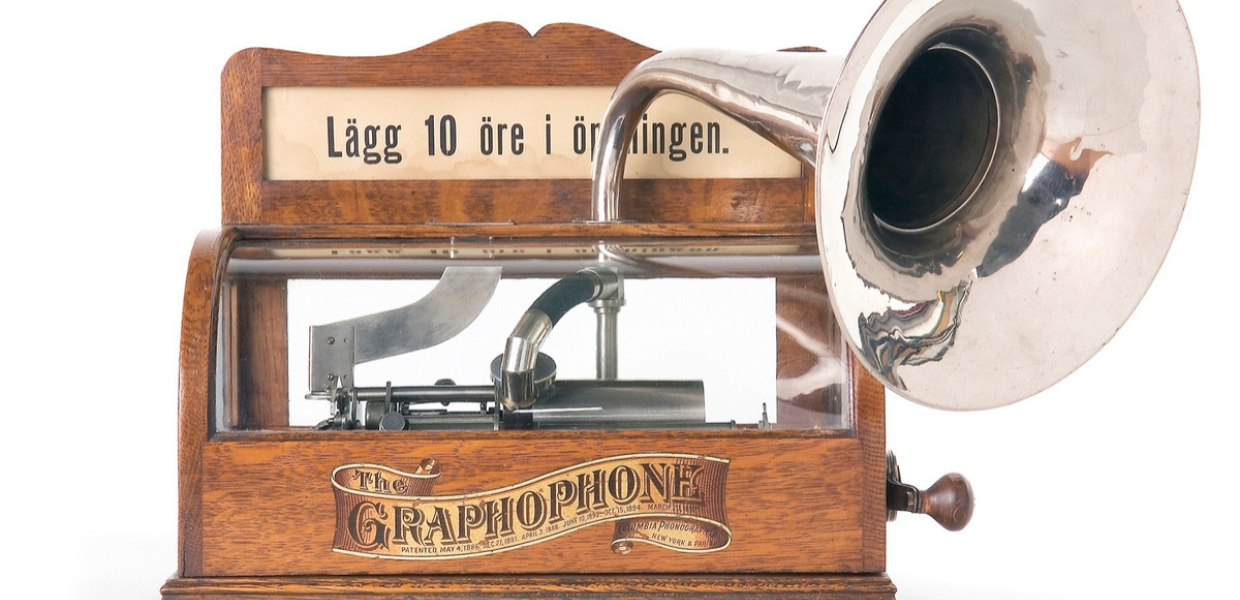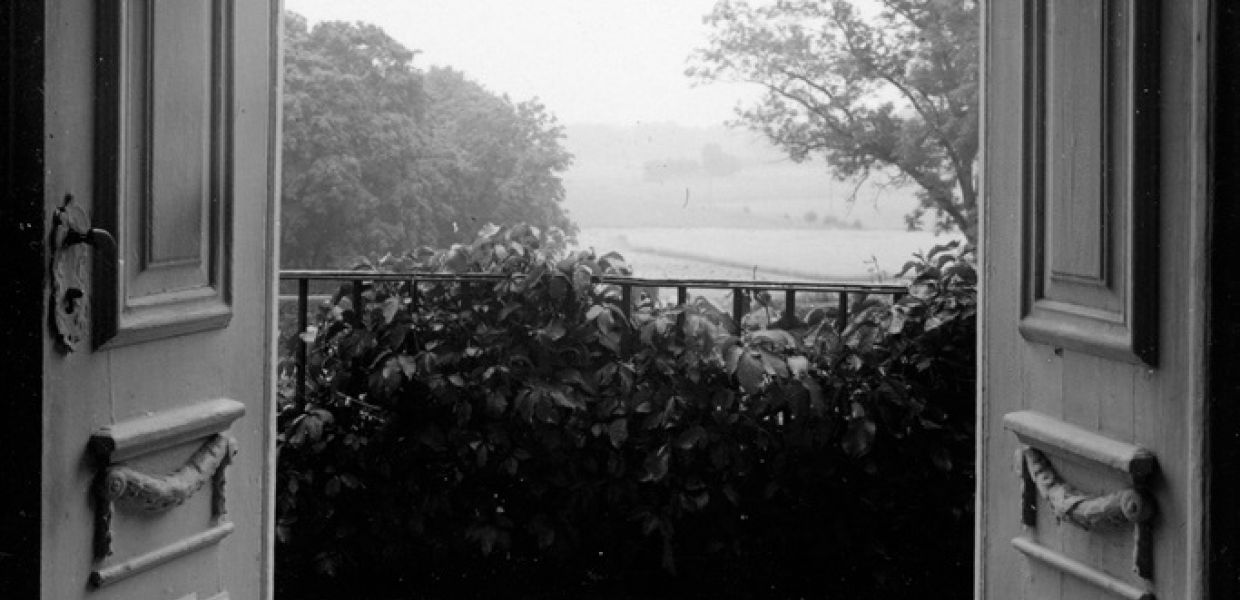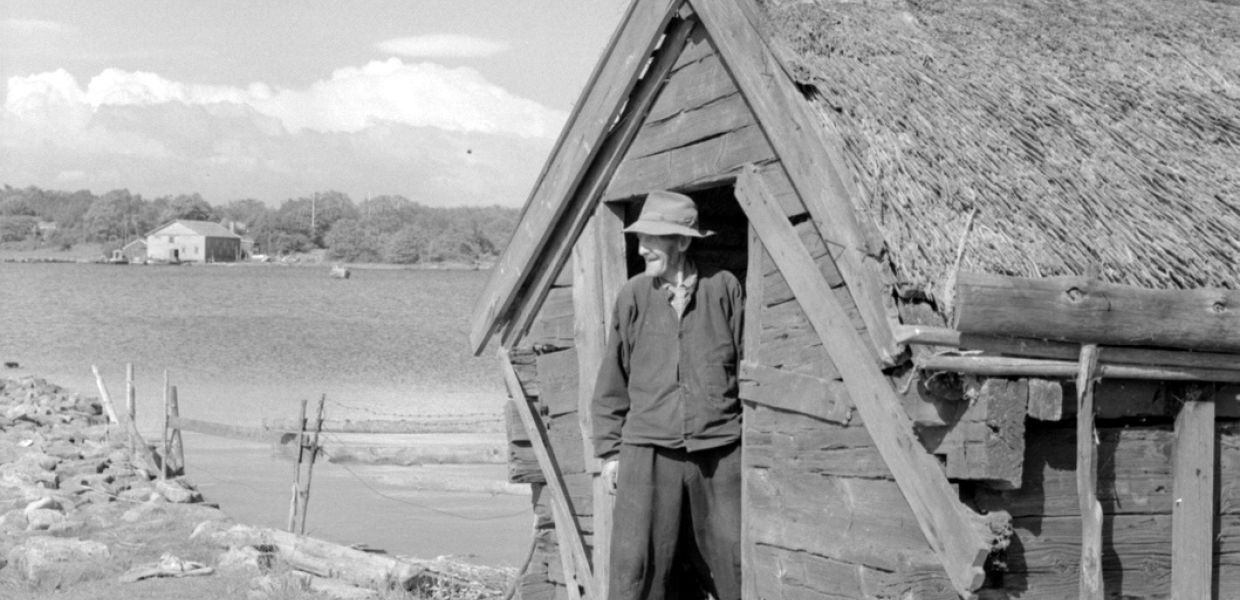As part of the Swedish National Heritage Board’s activities during the Europeana Common Culture (ECC) project, we wanted to create a resource for information and networking opportunities distinct from the workshops and conferences we already (co-)organise. One of the greatest goals of ECC is to increase content and metadata quality in Europeana Collections, so we wanted to explore how we could share information around these topics to help museums and cultural heritage institutions enhance their data quality.
The webinar series ‘Open GLAM now!’ (which runs from November - December 2019) is our way of addressing these issues and supporting digital transformation in the cultural heritage sector. Open GLAM (galleries, libraries, archives and museums) is an international movement around open cultural heritage data. Our webinars take an introductory approach to the topic, and hope to encourage new institutions and partners interested in delivering data to work with us as the Swedish national aggregator for Europeana.
Topics, speakers and timings
The webinars cover a wide variety of topics. The session ‘Work Together’ will address how an institution can join existing open cultural heritage projects. Others, such as the session on copyright and open licensing, will help our existing partners to reflect on their licensing policies. It might prompt them to consider opting for more open rights statements, which would increase their data quality according to the Europeana Publishing Framework.
Many speakers in these sessions are either Europeana Foundation staff or members of the Europeana Network, including Europeana Foundation Collections Managers Adrian Murphy and Douglas McCarthy, and GLAM-Wiki Coordinator for Europeana, Liam Wyatt.





